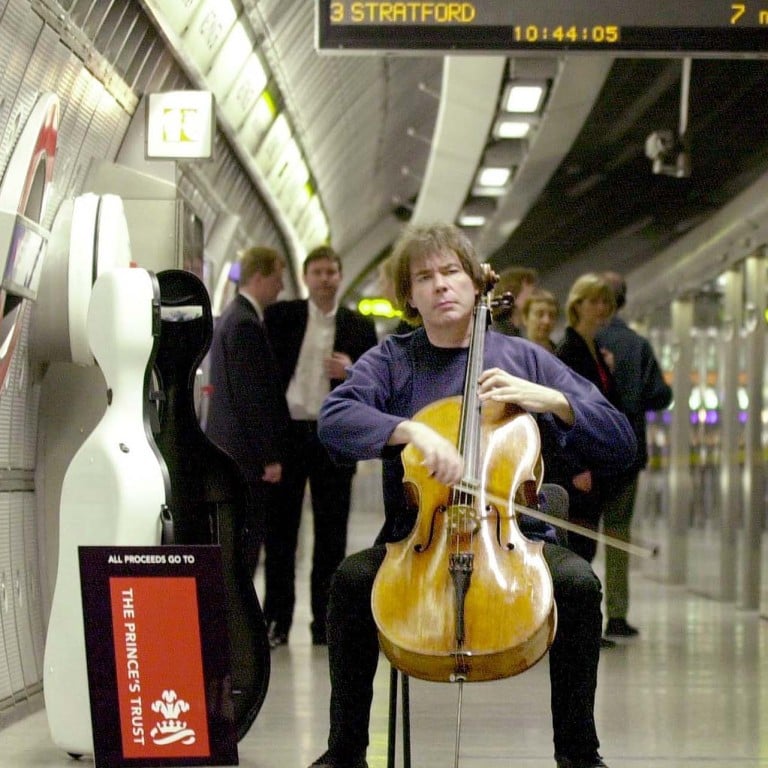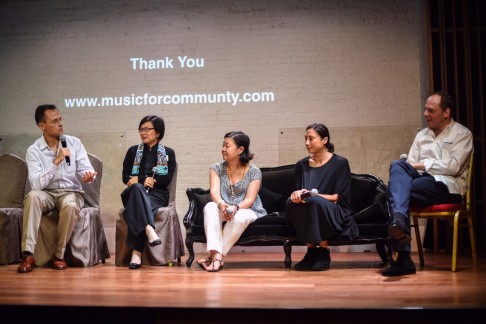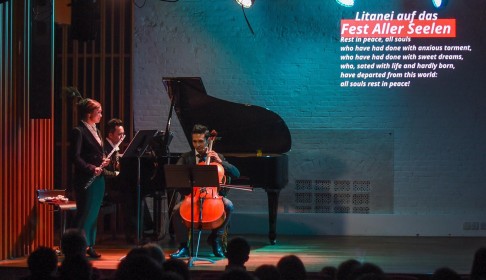
Put classical music in the hearts of Hong Kong children, minister urges
Florence Hui says the city needs some less formal performance venues, and points to MTR; Asia Society's Alice Mong says rail operator should consider official busking scheme like London's and New York's
Many local parents still saw classical music as a means to an end and that attitude had to change for Hong Kong to establish itself as a leading cultural city, said Florence Hui Hiu-fai, undersecretary for home affairs.
Hui was speaking at a panel discussion on the democratisation of classical music at the Asia Society on Sunday evening.
“I think music education, particularly classical music education, is truly important … if we would like to establish Hong Kong as one of the leading cultural cities in the region. But we do still face a challenge in encouraging parents to see the inner value of music in itself and not as the pursuit of, for example, a certificate for getting into certain schools,” she said.

Hui said more could be done to put music appreciation “in the hearts” of children early, such as opening up less formal performance venues for concerts and other activities organised by non-profit music promoters. “When we talk about music for the community there are a lot of possibilities across the 18 districts,” she said. The MTR and the airport, for example, had allowed some music groups to perform in their spaces and these collaborations should be broadened.
The MTR’s “living art” programme allows musicians and actors to perform in a corner of the subway connecting the Hong Kong and Central stations every Friday at 6pm, while the airport has hosted a series of musical performances and art exhibitions this year to mark its 17th anniversary.
Alice Mong, executive director of the Asia Society Hong Kong Centre, said during the same discussion that the MTR could help promote classical music by adopting the buskers scheme that the New York Subway and London Underground had in place for years.
“Many musicians I know in New York have played in the Subway. The MTR has the space. They already have public art. They have ads promoting Itzhak Perlman’s upcoming visit in Hong Kong. The MTR has a role to play,” she said.
Another panellist, Laurent Perrin, assistant principal cello of the Hong Kong Sinfonietta and founder of the RTHK Quartet, said the majority of Hong Kong people did not have a habit of attending concerts, so classical musicians had to take the music to them. This, he said, could be arranged through collaborations with the corporate world - namely, Hong Kong’s main commercial landlords - and through local schools.


